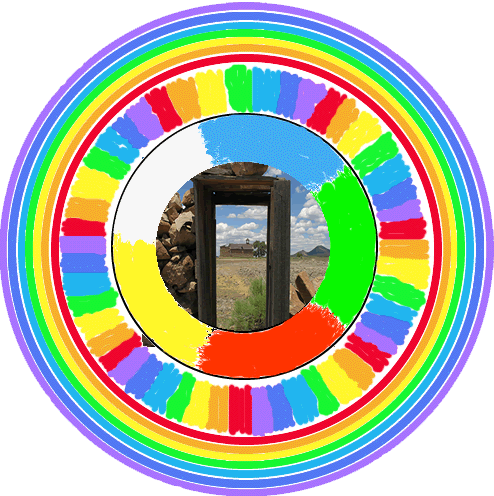
Immigrant Experiences:
Building Global Citizenship
|
|
Immigrant Experiences: |
Germai Medhanie
The restaurant had very good food; at least, that is what people said. The chefs were kind to me. I pretty much ordered whatever I wanted to eat. True, I wasn’t familiar with their menu so I order the only dish I was familiar with, a hamburger with a french fries, pickles, and ketchup. I was happy to have a free meal because I was paid the minimum wage, $3.37 an hour. I started work at 3.00 pm, after having gone to the day’s business classes at South Central Community College. The kitchen closed at 10.00 pm, and the bar closed at 1.00 am. I worked four nights a week: Thursday, Friday, Saturday, and Sunday. Every night, I started to wrap-up at 9.30 pm, and punched out at 10.15 pm. After work, I liked to have one or two free beers in their bar, and enjoy their jazz and blues music – it was my way of becoming an American, and the music absolutely reflected my mood and connected me to African American experiences. All of the waitresses were white and most of them were students. They were young and beautiful, and I had a few crushes but I didn’t pursue any of them. I was afraid to approach them, and I was in fear and in pain from leaving my partner in the Sudan. By midnight, I was happy to walk alone home. I used to live on Edgewood Avenue, across from Edgewood Park. As I walked I would think about my future, wondering when my life would get easier. I usually took the same route every night. As I left the restaurant, I lit my cigarette. I was new to the weather. I was used to the sun being warm. It was my first time to see snow -- I was never ready for it, and to keep myself warm, I lit Marlboro cigarettes one after the other. It took me four or five years to learn how to dress to keep myself warm in the wintertime, and get used to the discomfort of bulky winter clothes. Going home, I usually crossed the New Haven Green diagonally, two churches on my right and one church in my left – it was always uplifting when as I reached to the church, and I felted protected and at peace. Being new, I knew only a few streets. I used to take Chapel Street to go to my home. It was a street where the action was: bookstore, bars, prostitutes and police. For me, it was a jungle and I had to be alert until I got home. Every time I arrived home safely, I felt thankful. I spent a few moments reflecting on my day with my housemates, who were also from Asmara, before I slept. Every weekend I bought a self-help, psychology or philosophy book and read it; this reading was core to my sanity, balancing out all those mindless and depressing hours in the kitchen and my boring morning classes. One night, the restaurant was very busy. I was new and slow. All the waitresses and cooks wanted clean dishes. I was doing the best I could. But there was no way I could deliver clean dishes at their speed – everyone was screaming – I smiled! Then, Cathy, one of the waitresses, started to wash dishes with me. She knew I had a crush on her, and she had come to my place once, and it was nice to be close to her and work side by side. We started to talk and get to know each other better but my heart was still back with my fiancée in Khartoum, Sudan. After a lot of dishes, I accepted the reality that life in America would not be easy. The work was hard: the kitchen was hot, too many plates to wash, and the pots were greasy, and my skin started to itch from the grease – absolutely, it was the most disgusting job I ever had. But after being broke, and not having money to pay for school, I was happy to have a job. |